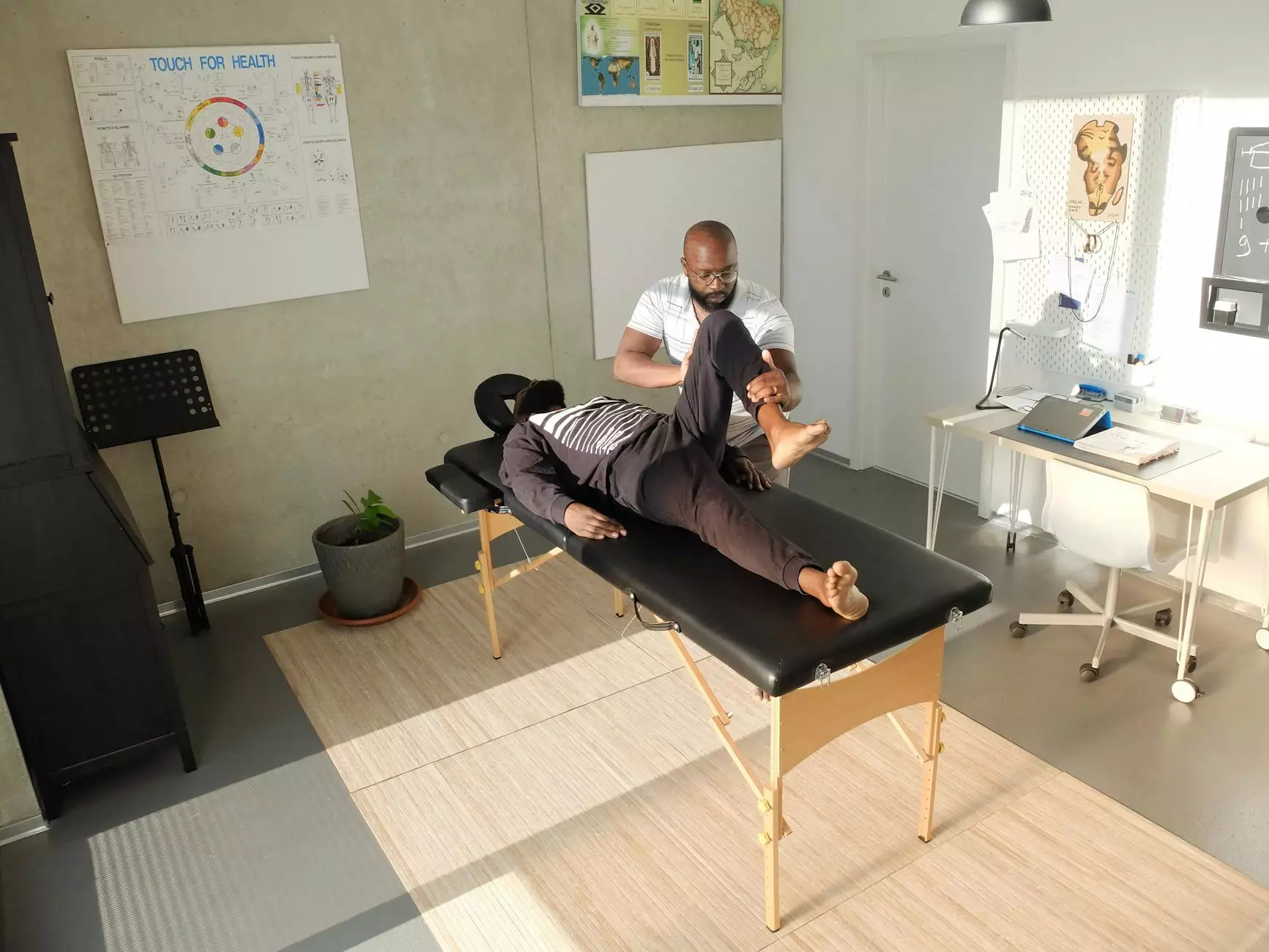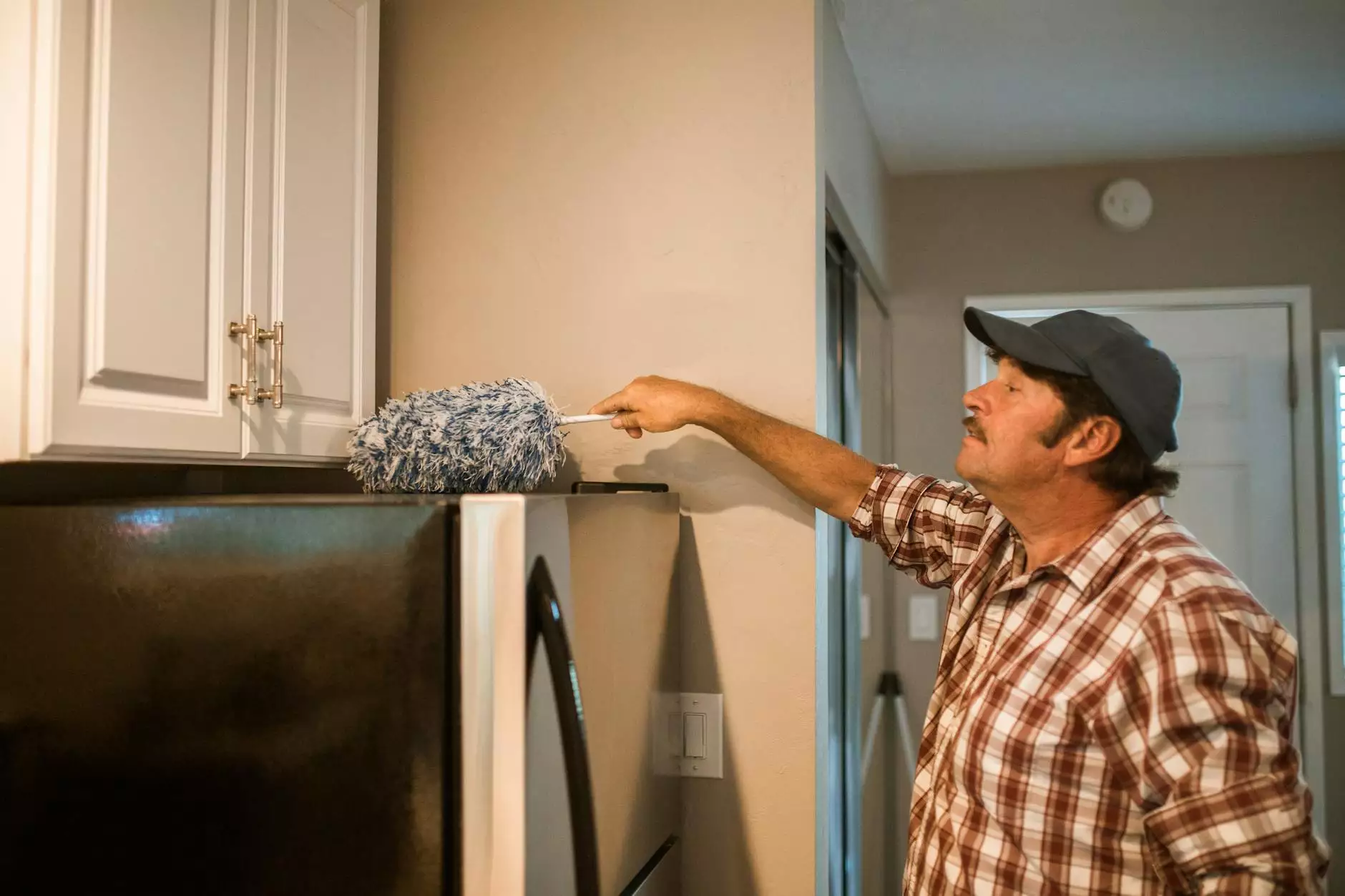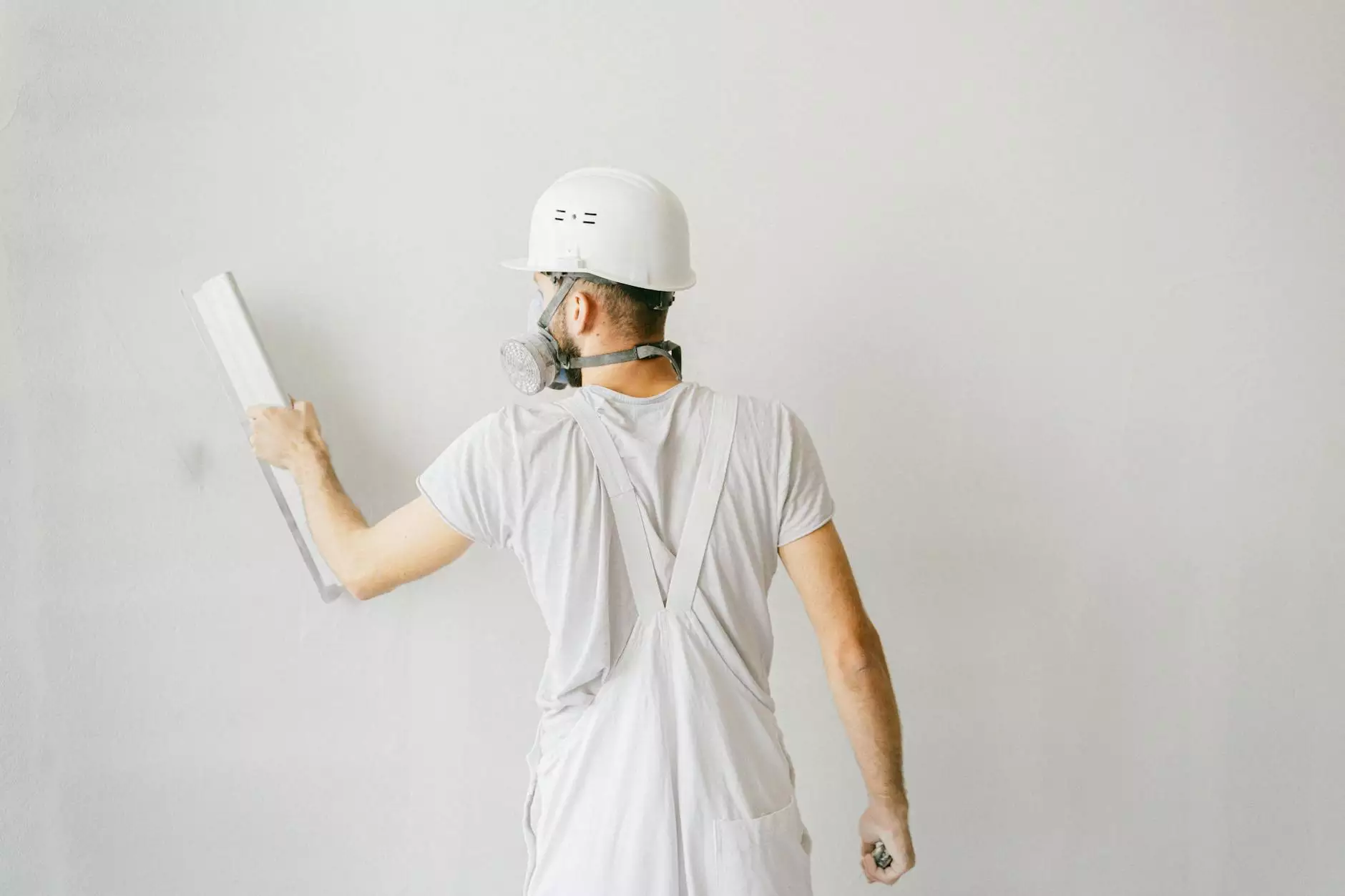The Nuss Procedure Cost: What You Need to Know

The Nuss procedure is a minimally invasive surgical technique used to correct pectus excavatum, a condition where the breastbone is sunken into the chest. This article will provide you with detailed information on the costs associated with the Nuss procedure, factors that influence pricing, and how to prepare financially for this vital surgery. Understanding these aspects can help you make informed decisions regarding your health and treatment options.
Understanding the Nuss Procedure
The Nuss procedure involves the insertion of a curved metal bar under the ribs, which pushes the sternum into a more natural position. This surgery is typically recommended for patients who experience significant physical or psychological effects due to their chest deformity. Here’s a brief overview of what the procedure entails:
- Pre-operative Assessment: Before the surgery, a comprehensive evaluation is conducted, including imaging studies and consultations.
- Anesthesia: The procedure is performed under general anesthesia to ensure the patient remains unconscious and pain-free.
- Bar Insertion: The surgeon makes small incisions on either side of the chest and uses a thoracoscope to guide the insertion of the metal bar.
- Post-operative Care: After the surgery, patients are monitored in a recovery area for several hours, followed by a hospital stay for pain management and recovery.
What Influences the Cost of the Nuss Procedure?
The cost of the Nuss procedure can vary widely based on a number of factors. Here are the primary elements that determine the overall expense:
1. Geographic Location
The location of the medical facility plays a significant role in determining costs. Urban centers often charge more than rural areas due to higher overhead and labor costs. For instance, you might see a difference in pricing between facilities in New York City and those in smaller towns.
2. Surgeon’s Experience
The surgeon’s expertise and reputation can impact the cost. Highly experienced surgeons or those associated with reputable medical institutions may charge higher fees, but their experience can also enhance the outcome of the procedure.
3. Hospital Fees
Hospital facilities will have their own fees, which can include:
- Operating room expenses
- Anesthesia costs
- Length of hospital stay
4. Insurance Coverage
While many health insurance plans cover the Nuss procedure, the extent of coverage can vary significantly. Patients should verify with their insurance provider to understand what portion of the cost will be covered and if prior authorization is required.
5. Additional Costs
There may also be additional costs to consider, including:
- Pre-operative testing: Blood tests, imaging, and consultations can add to the overall cost.
- Post-operative care: Follow-up consultations and possible physical therapy may incur further expenses.
- Medications: Pain management and recovery medications can add to the overall financial burden.
Average Cost of the Nuss Procedure
On average, the cost of the Nuss procedure can range from $30,000 to $60,000 in the United States. However, this figure can vary based on the factors discussed above. Here’s a detailed breakdown of potential costs:
- Surgeon’s Fees: Approximately $5,000 to $20,000
- Facility Fees: Around $10,000 to $30,000
- Anesthesia: Typically between $1,500 and $3,500
It is essential to contact specific surgical centers or hospitals for exact pricing as individual circumstances and specific cases may influence these averages significantly.
Financing Options for the Nuss Procedure
Given the potentially high costs associated with the Nuss procedure, many patients explore financing options. Here are some common ways to help manage the costs:
1. Health Insurance
As mentioned earlier, health insurance providers may cover part of the procedure. It's crucial to get in touch with your insurance company to understand specific coverage details. You may need to provide documentation about the medical necessity of the procedure.
2. Payment Plans
Many hospitals and clinics offer payment plans to help patients afford their treatment. These plans typically allow patients to pay the cost over time, reducing the financial burden.
3. Medical Credit Cards
Some patients choose to use medical credit cards designed to cover healthcare expenses. These cards often come with promotional financing options, allowing patients to pay off their balances over time without interest.
4. Personal Loans
A personal loan could be another option to consider. Many financial institutions offer loans with manageable repayment plans that could spread the cost of the procedure over several months or years.
Preparing for the Nuss Procedure: Tips for Patients
Preparation is key to a successful surgery and recovery. Here are some essential tips to help you prepare for the Nuss procedure:
1. Consult with Your Physician
Ensure you have a comprehensive understanding of the procedure, related risks, and recovery process. Discuss any questions or concerns that may help alleviate anxiety.
2. Gather Medical Records
Prepare all necessary medical records, including previous imaging and test results. This documentation will be helpful during consultations with your surgeon and insurance provider.
3. Plan for Recovery
Arrange for help at home post-surgery. Recovery can take several weeks, during which you may experience limited mobility. Having someone to assist with daily tasks can significantly ease your recovery process.
4. Understand Post-operative Care
Be aware of the post-operative care routines, including medication schedules, follow-up appointments, and any physical therapy requirements. Following the surgeon’s recommendations closely can lead to a smoother recovery.
The Long-Term Benefits of the Nuss Procedure
Investing in the Nuss procedure can lead to numerous long-term benefits beyond correcting the physical deformity. Many patients report:
- Improved Self-esteem: Patients often experience a significant boost in confidence after undergoing the surgery, leading to better social interactions and improved mental health.
- Enhanced Physical Function: Many individuals notice improvements in their ability to participate in physical activities, including sports and exercise.
- Decreased Physical Discomfort: Correcting pectus excavatum can reduce pain and discomfort that some patients experience due to the deformity.
- Better Respiratory Function: The procedure can enhance lung capacity and overall respiratory function, leading to improved quality of life.
Conclusion
In summary, understanding the Nuss procedure cost and its influencing factors is crucial for patients considering surgery for pectus excavatum. By being informed about potential costs, insurance options, financing strategies, as well as preparing adequately for the procedure and recovery, patients can take significant steps toward improving their health and quality of life. If you would like more information regarding the Nuss procedure or its costs, consider reaching out to a surgical center or your healthcare provider.
For further details regarding medical services, consultations, and expert care, please visit elclinics.com.









